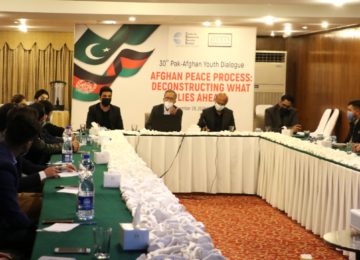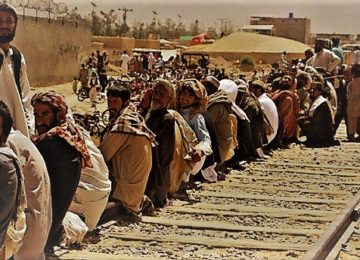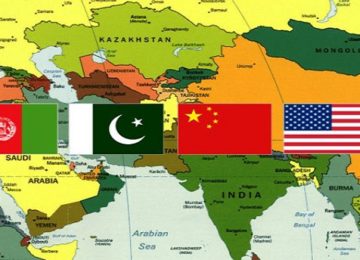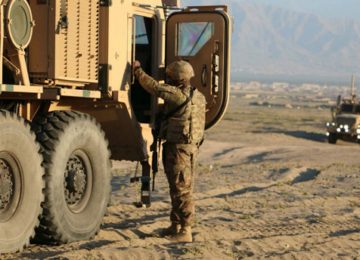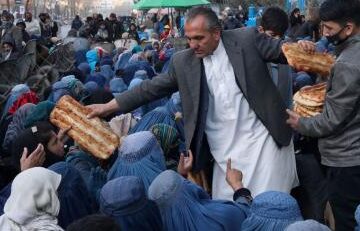The Afghan government has endorsed the UAE’s proposal to send troops under the NATO-led command to Afghanistan for training and mentoring, Afghan officials said on Wednesday.
The UAE is the first Islamic nation to deploy soldiers under the coalition to Afghanistan, where the Taliban and Daesh have increased their attacks in recent months.
The move comes after the top US commander in Afghanistan, General John Nicholson, who leads the coalition’s forces, last week announced that the UAE and Qatar have suggested sending their soldiers to the country.
“The UAE’s proposal for sending special troops to Afghanistan in the framework of NATO’s Resolute Support for training, advising and supporting of Afghanistan’s national security forces, was evaluated and approved,” the presidential palace said in a statement.
The Defense Ministry’s spokesman, Mohammed Radmanesh, told Arab News that details of the deployment such as numbers of UAE soldiers, location, and duration, needs yet to be worked out.
He confirmed that the UAE’s move to send troops to Afghanistan was the first by a Muslim nation outside NATO’s framework.
Turkey, the only Muslim member of the coalition, had hundreds of troops in previous years in Afghanistan, but its forces hardly came under insurgent attack compared with non-Muslim members of the coalition.
The UAE, which has troops fighting under Saudi Arabia’s command in Yemen, has yet to comment on the deployment of troops to Afghanistan.
It was also among the only three countries that recognized the Taliban government when it came to power in Afghanistan.
The UAE has hosted several rounds of indirect talks between the Taliban and the Afghan government in the past.
This article originally appeared in Arab News on June 06, 2018. Original link.
Disclaimer: Views expressed on this blog are not necessarily endorsed or supported by the Center for Research and Security Studies, Islamabad.




